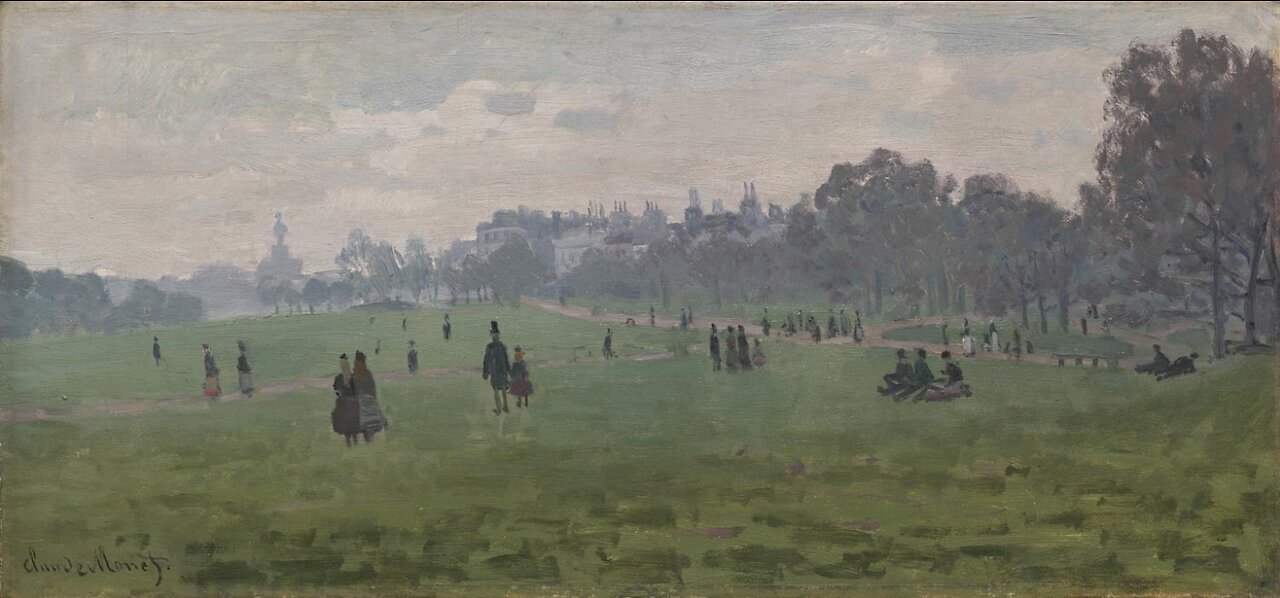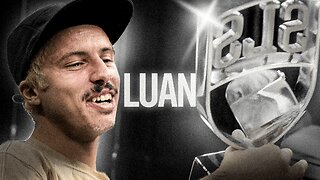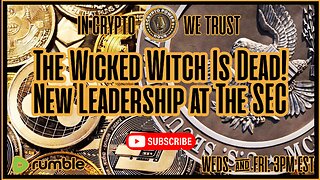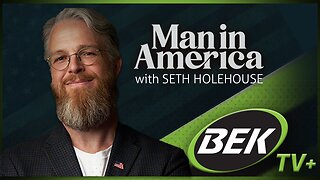Premium Only Content

"Ritual", by Arthur Machen
You can support me on Patreon! https://www.patreon.com/sststr
My voice sounds particularly awful on this one. I have no idea why it's so bad here, nothing obvious comes to mind as to a cause for it.
From the annotations:
Whitsun holiday: the weekend of Whitsunday, the seventh Sunday following Easter (a.k.a. Pentecost)
Zoo: this story was published shortly after the introduction of penguins there, and before the arrival of a panda
those Easter Island gods: moai are large stone statues depicting human figures, carved between 1400 and 1600 by the Rapa Nui people. The British Museum possesses two moai, one being the celebrated Hoa Hakananai'a (meaning 'hidden or stolen friend'), taken by British Navy Commodore Richard Ashmore Powell in 1869 and offered to Queen Victoria, who gave it in turn to the Museum. Both were displayed outside, beneath the Museum's front portico, until the Second World War.
Reader: proofreader, who examines the printed 'galley slip' or 'proof' for errors (or, as here, the incautious revelation of Masonic secrets)
Hiram Abiff ... not one of the Widow's offspring: references to Freemasonry. In the Masonic legend, Hiram Abiff or Abif, the architect of Solomon's Temple, is killed by three masons ("ruffians" in the Masonic account) when he refuses to divulge his secrets. His murder, burial, and resurrection form part of Masonic ritual. (The legendary figure is also called "the Widow's son", a reference to one of the multiple biblical Hirams mentioned in connection with the Temple)
admiratio: Latin "wonder" or "astonishment"; perhaps here chosen to "regard", in the sense of attracting unwanted attention
Johnsonian manner: reminiscent of the mode of speaking of writer and lexicographer Samuel Johnson (1709-84), as recorded by his friend James Boswell in his immortal "Life of Johnson". (The "Sir" is a particularly Johnsonian touch.) There is some irony in Machen's choice of an American as a modern-day avatar of Johnson, considering his (Johnson's) view of that people: "Sir, they are a race of convicts, and ought to be thankful for anything we allow them short of hanging." Machen himself enjoyed formulating "Johnsonisms", as when (and here, too Johnson's view of Americans is part of the joke) the United States entered the First World War: "Why, Sir, it is difficult to deny the Americans merit: if it be a merit to have saved the world from destruction."
blind-pigs: a speakeasy
Arnold Bennett (1867-1931): British writer born in Staffordshire, he moved to London in 1889 as a young man
Little Dorrit ... Mr. Casby's very street: Christopher Casby, landlord of Bleeding Heart Yard, "lived in a street in the Gray's Inn Road, which had set off from that thoroughfare with the intention of running at one heat down into the valley, and up again to the top of Pentonville Hill, but which had run itself out of breath in twenty yards, and had stood still ever since" (book 1, chapter 13)
Eton and Harrow Cricket Match: the first match between the two venerable public schools took place in 1805 at Lord's Cricket Ground. By the early 20th century the annual contest had become itself a kind of ritual, conjuring up an image of a vanished English past
Asiki during their Njoru ritual: Machen takes the name "Asiki" from "Fetichism in West Africa", a 1904 book by the missionary Robert Hamill Nassau, there the "Asiki" are a supernatural race of "little beings" analogous if not identical (as Machen himself suggested in an essay collected in the 1926 collection "Dreads and Drolls") to the "little people" of Celtic lore. There is an "Asiki tribe" in H. Rider Haggard's 1908 novel "The Yellow God"; perhaps Haggard was also familiar with Nassau's book. Presumably Machen has invented the Njoru ritual.
The picture used is "Green Park, London" by Claude Monet, done in 1870 or 71.
-
 LIVE
LIVE
Dr Disrespect
5 hours ago🔴LIVE - DR DISRESPECT - WARZONE - HOW TO WIN SOLO GAMES
2,574 watching -
 LIVE
LIVE
The HotSeat
1 hour agoAmerica: The Upside Down Is REAL!
733 watching -
 LIVE
LIVE
Film Threat
5 hours agoANDOR SEASON 2! ALL EPISODES REVIEWED! | Hollywood on the Rocks
75 watching -
 2:01:02
2:01:02
MG Show
5 hours agoMaking America Healthy Is Happening: Deep Dive
6.95K15 -
 21:23
21:23
SLS - Street League Skateboarding
12 days agoLuan Oliveira's Top SLS Moments: 2015
9.6K -
 12:16
12:16
Cowboy Kent Rollins
6 days ago $2.31 earnedFried Onion Burger | Famous Oklahoma Fried Onion Burger Recipe
43.3K8 -
 57:42
57:42
Crypto Power Hour
4 hours agoThe Wicked Witch Is Dead, New Leadership At The SEC |EP15
4.6K1 -
 1:08:29
1:08:29
Jeff Ahern
2 hours agoNever Woke Wednesday with Jeff Ahern
12.5K -
 44:55
44:55
BEK TV
17 hours agoTARIFFS, TECH TYRANNY, AND PROPHECY: CLAY CLARK EXPOSES THE GLOBAL RESET NO ONE IS TALKING ABOUT
21.2K -
 1:20:27
1:20:27
Russell Brand
4 hours agoMaha Revolution: RFK Jr. Declares War on Toxic Food and Pharma – SF571
121K26